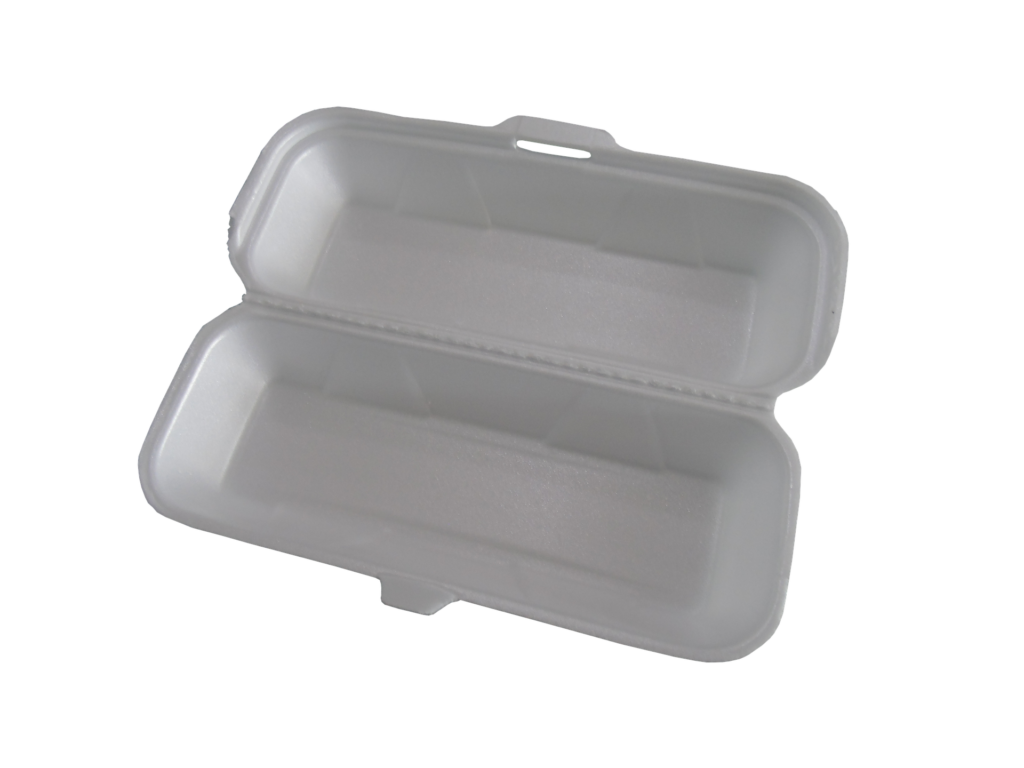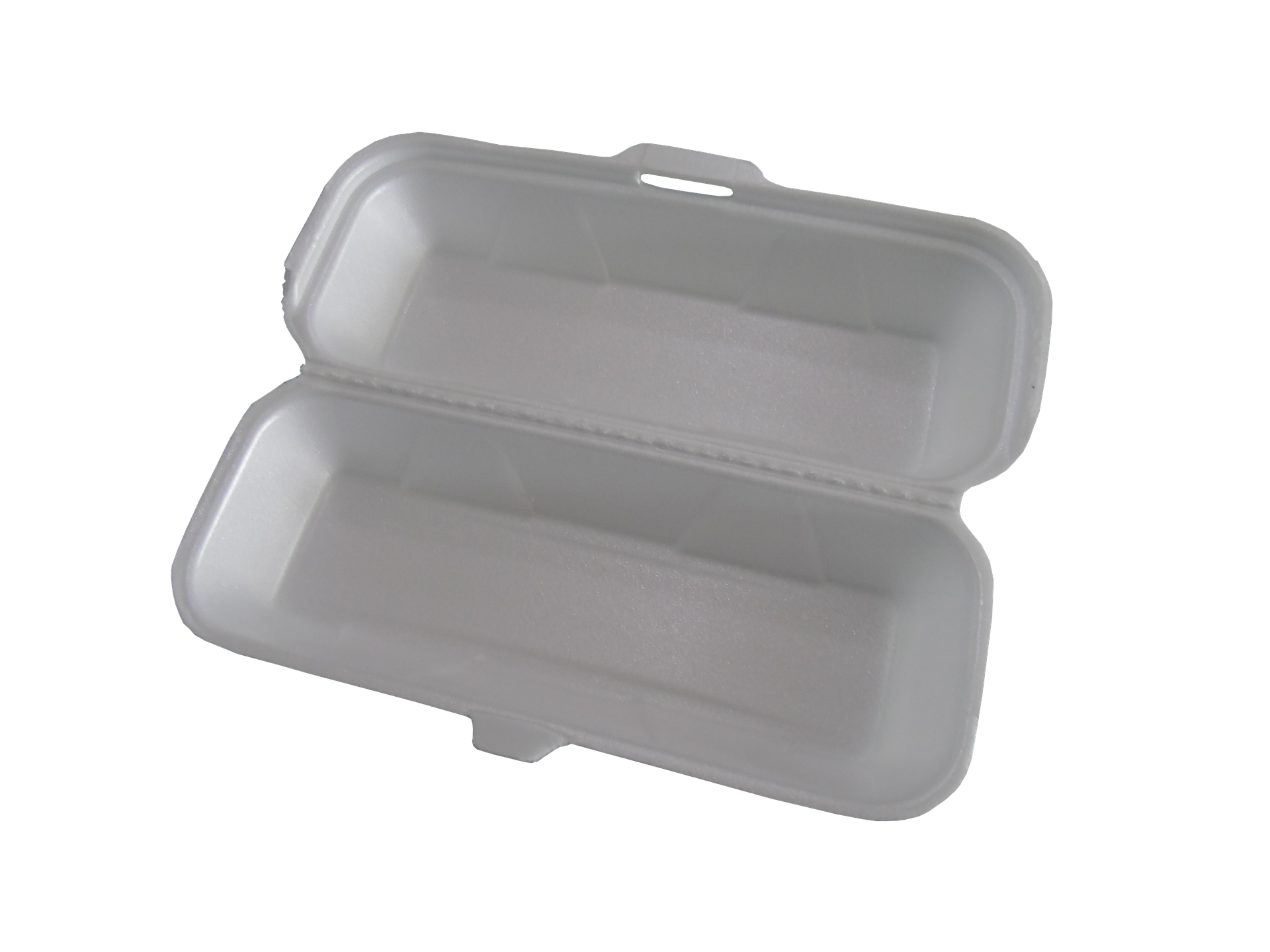Made from the plastic polystyrene, foam cups or Styrofoam (a brand name) is not advisable for food or drink. According to Olga Naidenko, PhD, a senior scientist at the Environmental Working Group, “Trace amounts of styrene as well as various chemical additives in polystyrene migrate into food, which increases significantly in hot liquids.” Styrene is “reasonably anticipated to be a carcinogen” according to the National Toxicology Program (NTP) while it has been classified as a “possible human carcinogen” by the International Agency for Research on Cancer. Research shows that styrene can leach out of foam food containers and cups when food or drinks are hot.

You can identify if your food container are made with polystyrene if it has a number 6 at the center of the recycling symbol. This is found at the bottom of your container or cup.
But what are the alternatives to Styrofoam?
- Mushroom-based packaging. It is compostable, renewable, and sustainably soured.
- Biodegradable packing peanuts. Outperformed Styrofoam when it comes to strength, this packaging made of wheat or cornstarch can be easily disposed in your garden or compost or by dissolving it in running warm or hot water.
- Compostable plates that are made from recycled newsprint.
- Corn-based compostable trays.
- Plantable packaging. This fiber board has seeds embedded in it which you could use for planting right after your initial use.
- InCycle Cups. A lightweight, durable plastic that is easier to recycle and reuse.
- Bamboo Fiber Eco Bowl. Made from powdered bamboo fiber mixed with resin. This can be used for a long period of time and could retire as a plant pot or composted back to earth.
- EarthAware Biodegradable Packing Materials. A special type of plastic that can biodegrade in just 5 years.
- EarthShell ‘Paper’ Plates. Made from corn, potatoes, and limestone which are natural, renewable resources. It is moisture and cut resistant, and is microwaveable (but I would never).
- Peat Plastic. Often used as gardening pots, it can also be made into biodegradable cups.
- Ecotainer Cups. Made from recycled plants and wood fibers.
- Loliware Edible Cups. Made from plant gelatin.
- Insulated coffee mugs. Keeps drinks warm for hours and reusable.
It’s really up to restaurants to not put food in these. Maybe share this post with them and tell them styrofoam containers are cancer causing or don’t bring home left overs from eating out. If you’re concerned about food waste, this is another reason to just make home cooked meals.

I don’t like them either and some folks put them in the microwave